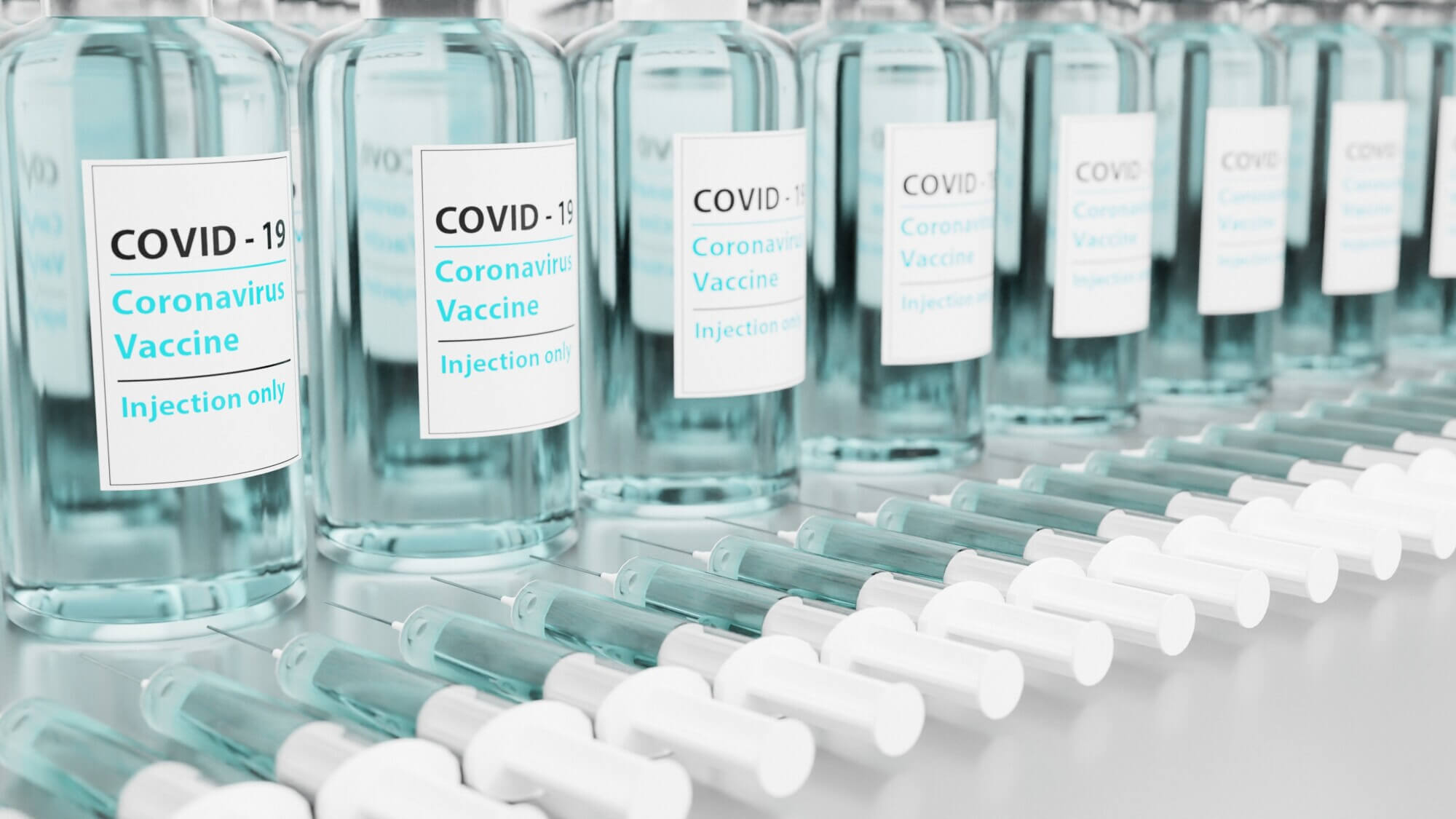
June 2, 2021
Is Your Vaccine Temperature Monitoring Up-to-Date?
If vaccines are not stored at the right temperature, they do not work effectively. Vaccines are delicate, requiring specific conditions to maintain efficacy.
And consistency is essential. Vaccines must be stored at the correct temperature. This is the case from the moment of manufacture to the instant of administration.
But how can we assure that vaccines are consistently held in the right temperature conditions?
Vaccine temperature monitoring can ensure the correct conditions. Thus, this safeguards the effectiveness of vaccines.
Keep reading to discover the importance of updated vaccine temperature monitoring.
Importance
Vaccines work by training our bodies’ natural defenses. Once vaccinated, your immune system can better recognize and fight disease.
Furthermore, getting vaccinated reduces the likelihood of transmitting the infection. So, you aren’t just protecting yourself. You are protecting your community.
But it’s essential that vaccines are stored properly. Any deviation to storage instructions threatens the vaccine’s efficacy.
Beneficial
In partnership with the World Health Organization (WHO), Optimize conducted studies. These were on the importance and accuracy of vaccine temperature monitoring.
They discovered that nurses and immunization supervisors approved. They reported that the technology was beneficial for their work.
More than beneficial, temperature mapping is vital to the success of vaccinations.
A temperature monitoring device must be on all units storing or transporting vaccines. The Centers for Disease Control and Prevention (CDC) elaborates.
Certification
The CDC recommends the usage of temperature monitoring devices. But only if they have a Certificate of Calibration Testing.
All temperature monitoring devices are calibrated at the time of manufacture. But certified devices passed the second round of testing. This calibration testing is against a standard from an accredited testing laboratory.
Records
It’s essential to check and record the temperatures of all units each day. Record the high and low temperatures as well as the room temperature.
The CDC recommends you keep these records for at least three years.
It can take at least two days for the temperature to stabilize in a new unit. So, make sure you’ve obtained accurate readings before storing vaccines in it.
COVID-19
COVID-19 has disrupted medical systems worldwide. The risk of infection and rising cases lessened the abilities of medical facilities. Thus, they were less able to treat other ailments.
With the immense global impact, it was vital to develop a COVID-19 vaccine as soon as possible.
Most vaccines take years, if not decades, to develop. In the urgency to create a COVID-19 vaccine, a few different ones emerged.
The vaccine rollout informed the public of vaccine storage requirements.
Oxford/Astra Zeneca and Johnson & Johnson developed adenovirus vector-based vaccines. The structure of the vaccine allows it to be stored at a normal, refrigerated temperature.
But the Pfizer/BioTech and Moderna vaccines are different. These two work by delivering a dose of viral mRNA.
The challenge is those mRNA molecules are fragile. Due to this, they must be kept extremely cold. Failure to do so can compromise the integrity of the vaccine.
To ensure efficacy, they must be stored in ultra-low temperatures of -70 degrees Celsius.
So, how do you know your vaccines are safely kept in the correct conditions?
Vaccine Temperature Monitoring
All vaccine storage units should be fitted with a temperature monitoring device (TMD). Their sensors work by detecting a variety of conditions. It’s important to track anything that can affect the contents. In this case, the vaccines.
Humidity, pressure, impact, and temperature can all affect the efficacy of vaccines. Sensors can check all these factors.
They then provide vital data in real-time. This allows medical staff to keep track of the conditions in which vaccines are stored.
Correct vaccine temperature monitoring also entails gathering and storing data. The analysis of historical data can be invaluable in assessing effectiveness.
The monitoring system can store this data on a cloud to allow users to access it remotely. Thus, many sites can be monitored at once. That is if your temperature monitoring system is up to date.
How Up-To-Date Is Your System?
The CDC recommends all TMDs in vaccine storage or transport units have a digital data logger. A digital data logger collects and stores information. It keeps you informed about the storage unit’s conditions.
You can then access or download all this data. Your digital data logger should have several things. Check for a low-battery gauge, a temperature alarm, a detachable probe, and a Certificate of Calibration Testing.
Technological advances also allow for remote vaccine temperature monitoring.
The pharmaceutical cold chain industry is sensitive. Vital vaccines must be kept at controlled temperatures from manufacture to distribution. That includes transportation.
Innovations protect pharmaceutical shipments worldwide through the development of smart temperature-controlled packaging.
The idea of updating your system may seem daunting. If you fear the cost, fear not.
Investing in smart temperature monitoring will result in savings. You will reduce costs due to loss because your product is actively monitored in real-time.
Protecting your product means protecting your revenue.
Alerts tell you if a shipment is in danger of reaching an unsafe temperature. This gives you time to take action before the vaccines become compromised.
Alerts are available throughout the journey. This enables you to track your precious cargo. If necessary, you can order immediate corrective action upon receipt of an alert.
The question isn’t if you can afford to update your system. Can you afford not to?
Smart Tech to the Rescue
An updated vaccine temperature monitoring system is essential. It will ensure the safety and efficacy of all vaccines. But it can also save you money in preventing product loss.
Invest in the best technology to protect your product. If you’ve found this helpful, please see our blog for more.